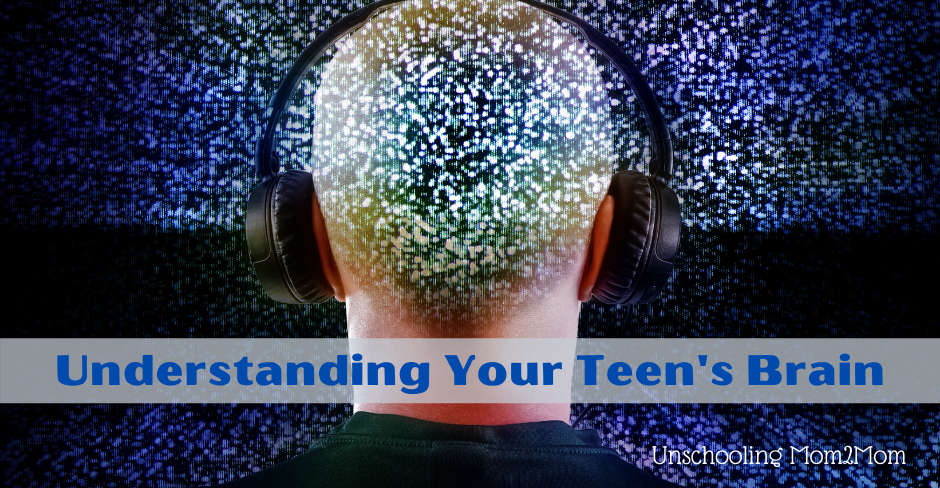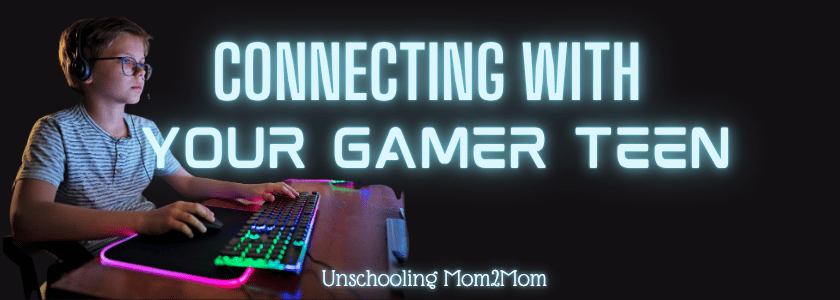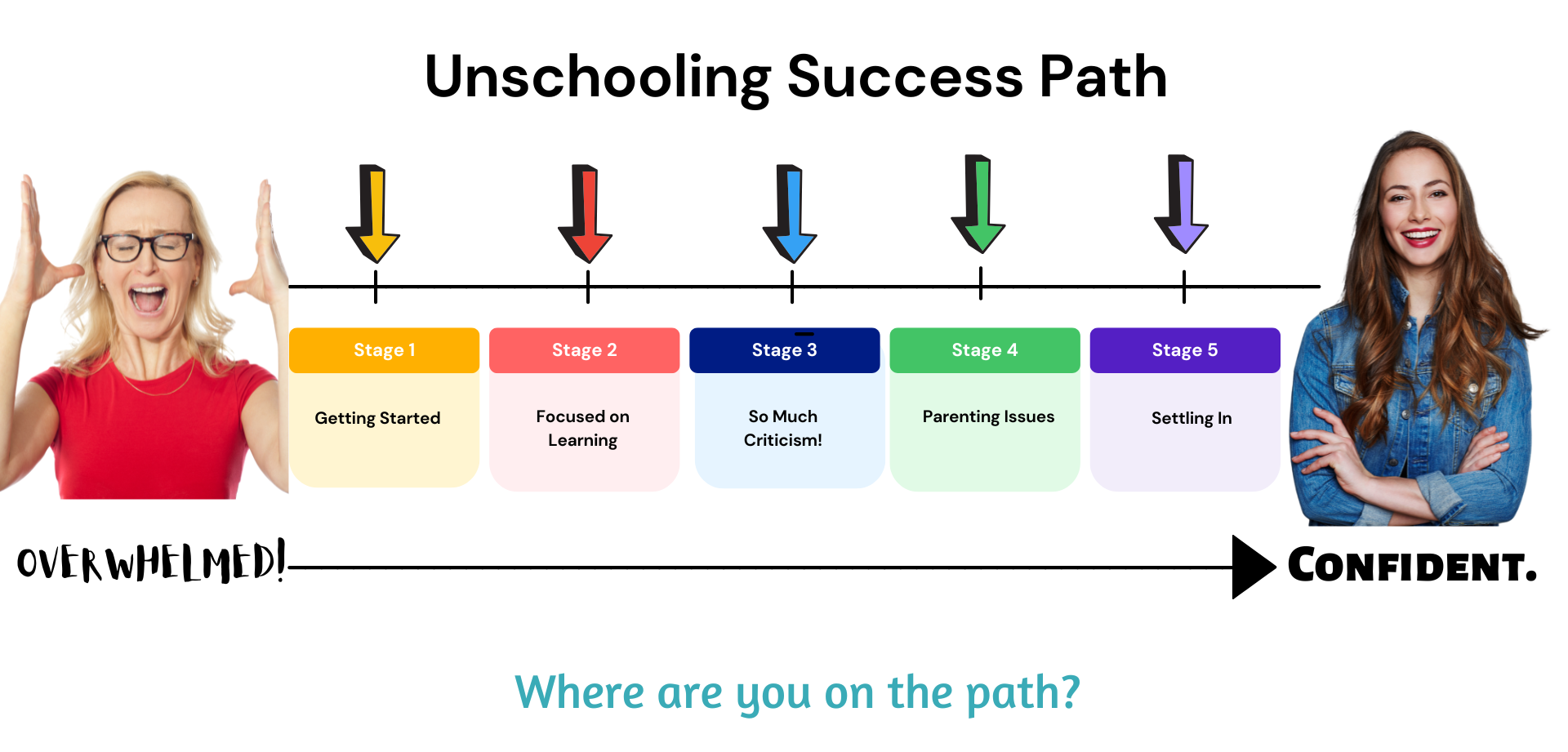Understanding Your Teen’s Brain… and Behavior
Adolescence can be a tough phase – for the parents and the kids. The transition between childhood and adulthood can go smoothly or can be pretty bumpy, for so many different reasons. It’s not true that all parents of teens will have a rough time, but even the best relationships have one thing in common – a still-developing brain.
Part of the frustration that comes with erratic teenage behavior comes from the simple fact that the piece of their brain that gives them good judgement or keeps their impulses in check hasn’t developed completely.
I’ve collected a few articles here in hopes to help parents who are struggling with how to help the teens in their lives. Maybe they’re running into some obstacles.
These links to articles, lists and interviews will help you not only understand some of the underlying reasons for some of the choices your teen is making, but also could give you some insight that could lead to more compassion when parenting your teen.
Really. They’re not just trying to piss you off.
Deciphering the Teen Brain and Behavior
by Scott Hewitt
Until you’re well into your 20s — and especially in your early- to midteen years, somewhere between 12 and 15 — that brain of yours remains a bustling construction, demolition and reconstruction site. Cells and connecting synapses are being grown, used and strengthened — or not used, pruned and replaced. Totally occupied by vast volumes of incoming information and sensation, and practicing up on bodily functions and feelings, the young brain’s necessary skill at mature decision-making and top-down control develops much later — last, in fact. Meanwhile a region called the amygdala — the seat of fear, emotional reactions and fight-or-flight instincts — is fully functioning from day one.
Brainstorm: The Power and the Purpose of the Teenage Brain
Listen to an interview with Daniel Siegel on the Diane Rehm Show. Transcript is available at this link too.
[Adolescence] is a vital time for adolescents to chart the course for the adults they will ultimately become. One brain researcher points out that it is during our teen years that we learn how to navigate the world outside the safety of home, how to connect deeply with others and how to safely take risks. He says that by understanding how the brain functions, teens can improve their own lives and those of their parents. Diane and her guests discuss the power and purpose of the teenage brain.
What’s Wrong with the Teenage Mind
by Alison Gopnik
Research points to the enormous flexibility of the brain. Instead of trying to give our children more school experiences, we should be giving them more real life opportunities in the world. Apprenticeships, internships, as well as Take-Your-Child-To-Work-Today could happen more frequently. Exposure like this can actually change how a brain functions.
What happens when children reach puberty earlier and adulthood later? The answer is: a good deal of teenage weirdness. Fortunately, developmental psychologists and neuroscientists are starting to explain the foundations of that weirdness.
10 Facts Every Parent Should Know About Their Teen’s Brain
by Robin Nixon
Robin offers quick snippets about the brain during adolescence with such as:
- the pruning and neuronal connections
- emotions and the limbic system
- decision making
- embracing risk
- peer relationships
- the importance of sleep
- good parent relationships
The Teenage Brain: Spock versus Captain Kirk
by Corey Turner from All Things Considered
The prefrontal cortex is our voice of reason. Steinberg calls it the brain’s CEO. Casey likens it to Mr. Spock from Star Trek, coldly calculating a life’s worth of cost-benefit analyses.
Casey’s analogy doesn’t stop there. To her, Captain Kirk is the limbic system — the emotional center of the brain that’s always on the lookout for threats and rewards. When it spots either, it sends a message to the prefrontal cortex. Because the limbic system can’t make sense of these things on its own. It needs the prefrontal cortex.
Here’s the problem. For kids in adolescence, the prefrontal cortex is still developing, and it can’t keep up with the limbic system as it goes into reward-seeking warp speed.
What Happy Teenagers Do Differently
by Marilyn Price-Mitchell
Research is suggesting risk-taking in the teenage years contributes to self-growth, learning, and long-term happiness.
If ever they needed you to be on their side, it’s while your teens navigate their way through adolescence!












